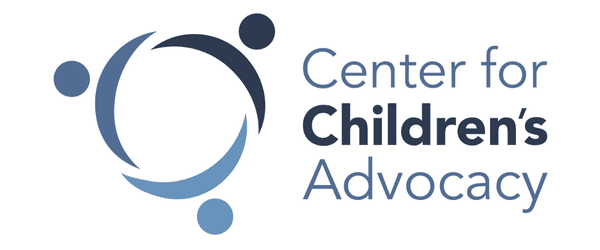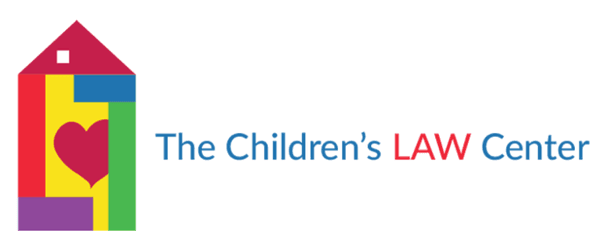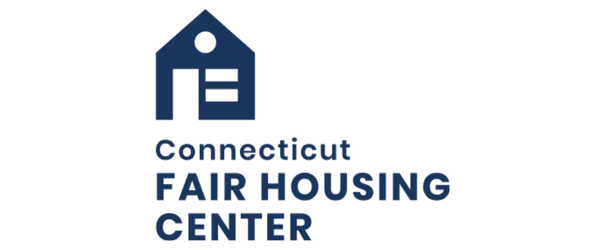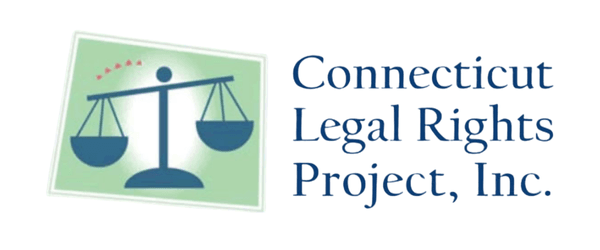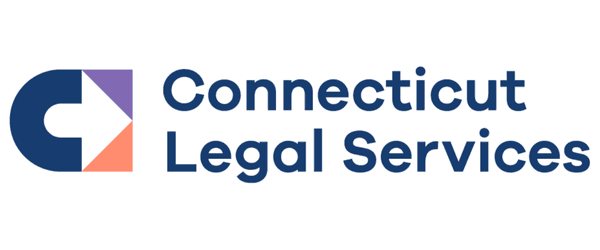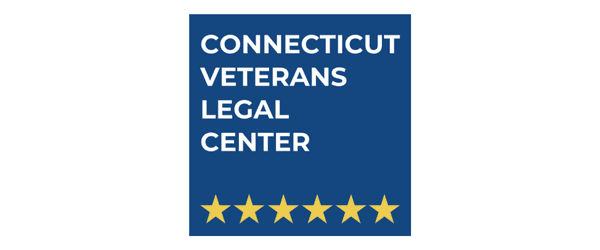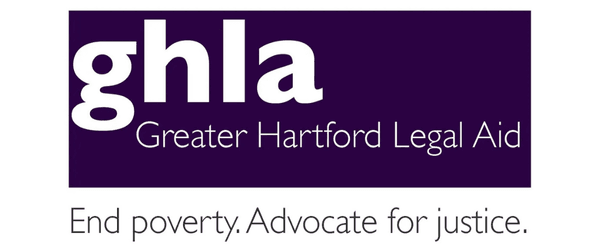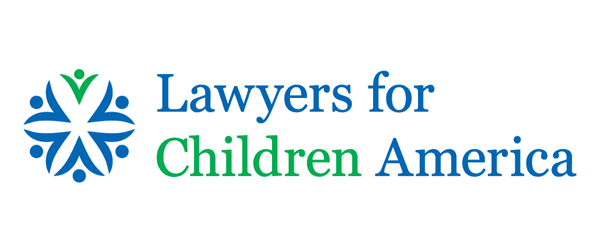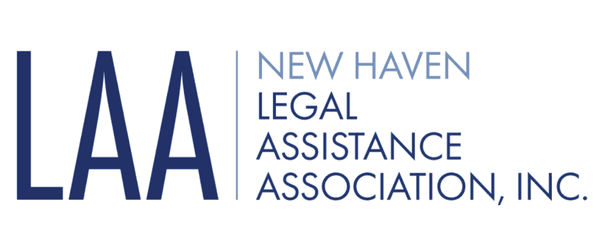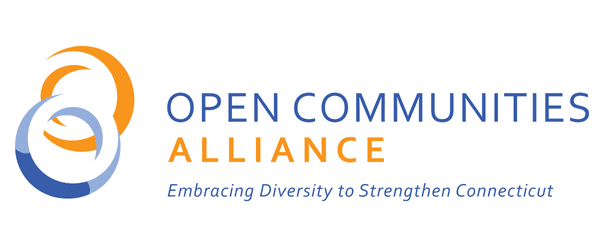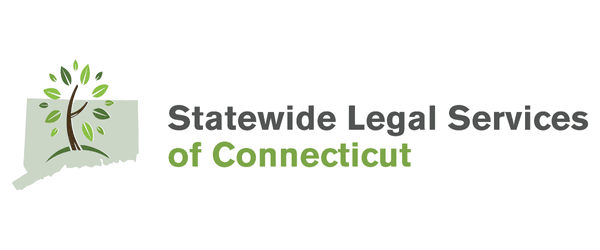About Us
Advancing Civil Justice in Connecticut
Established in 1952, Connecticut Bar Foundation is a non-profit organization, dedicated to facilitating system change that advances civil justice for all, regardless of power or resources, to achieve a more just and equitable society.
CBF works to do this by stewarding funding, volunteers, programming, data, innovation, and collaboration to lead and partner in integrated approaches to improving the administration of civil justice. Specifically, CBF administers several grant programs that fund the delivery of legal services for Connecticut residents who cannot afford an attorney, including the Interest on Lawyers' Trust Accounts and the Interest on Trust Accounts (IOLTA/IOTA) programs, the Judicial Branch Grants-in-Aid, the Court Fees Grants-in-Aid, and the state’s Right to Counsel program. The Foundation also funds scholarships, based on financial need, for Connecticut students attending law schools in the state.
In 1994, the Foundation established the James W. Cooper Fellows as the result of a generous bequest from James W. Cooper. The Fellows develop and sponsor projects and programs to promote a better understanding of the legal profession, the judicial system, and the role of law in society; to explore ways to improve the profession and the administration of justice; and to further the highest ideals of the legal system.
Diversity Policy
Connecticut Bar Foundation is committed to diversity and inclusion in its Board of Directors, officers, committees, James W. Cooper Fellows, and staff, and in the focus, subject matter, and participation of its programs, including symposia, colloquia, and roundtables. Diversity is an inclusive concept encompassing race, color, religious creed, age, marital status, national origin, ancestry, sex, gender identity or expression, sexual orientation, and intellectual, mental or physical disability.
We are a richer and more effective organization because of diversity and inclusion, as it increases our organization's strengths, capabilities, and adaptability. Through increased diversity and inclusion, our organization can more effectively accomplish our mission with the varied perspectives, experiences, knowledge, information, and understanding inherent in a diverse and inclusive relationship.
Approved by Board of Directors on September 24, 2015


